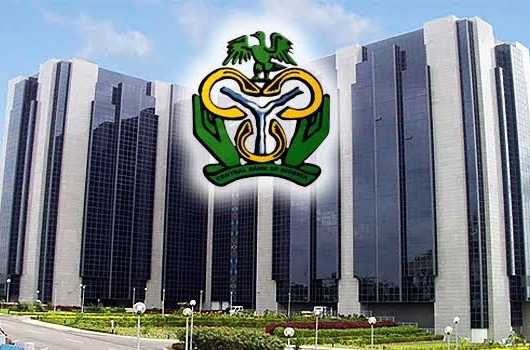It is not advisable for the Monetary Policy Committee (MPC) of the Central Bank of Nigeria (CBN) to further tighten the Monetary Policy Rate (MPR).
An economic expert, Dr Chijioke Ekechukwu said this in an interview with the News Agency of Nigeria (NAN) on Monday in Abuja.
Ekechukwu, a former president of the Abuja Chamber of Commerce and Industry, spoke against the backdrop of the 298th MPC meeting scheduled for Monday and Tuesday.
He likened the situation to an ailment that needed two medications to cure.
“If a patient continues to use one medication and even increases its dosage without adding the second medication, that patient will never get well.
“Monetary policy continuous tightening will on its own not solve the inflationary problem of the country.
“This is because other factors have a stronger impact in determination of inflation rate,” he said.
According to him, further increase of MPR will continue to stifle the financial system, increasing cost of borrowing.
He said that the situation would in turn be passed over to ultimate consumers, who are already struggling to earn a living in an economy already riddled with hardship.
“I, therefore, do not expect any further tightening of the monetary policy,” he said.
NAN reports that the MPC raised the MPR, which is the baseline interest rate by 50 basis points to 27.25 per cent from 26.75 per cent in its 297th meeting in September.
That decision marked the fifth consecutive tightening of the rate since Yemi Cardoso took charge as CBN governor and chairman of the MPC.
“The first decision under Cardoso was an aggressive hike in the MPR by 400 basis points from 18.75 per cent to 22.75 per cent in February.
In March, the committee, again, increased the MPR by 200 basis points to 24.75 per cent, followed by subsequent hikes to 26.25 in May, and 26.75 per cent in July.
Cardoso has, thus, raised the MPR by 850 basis points since the commencement of his tenure.
The aim, according to him, is to aggressively address Nigeria’s high inflation, particularly core and food inflation. (NAN)











